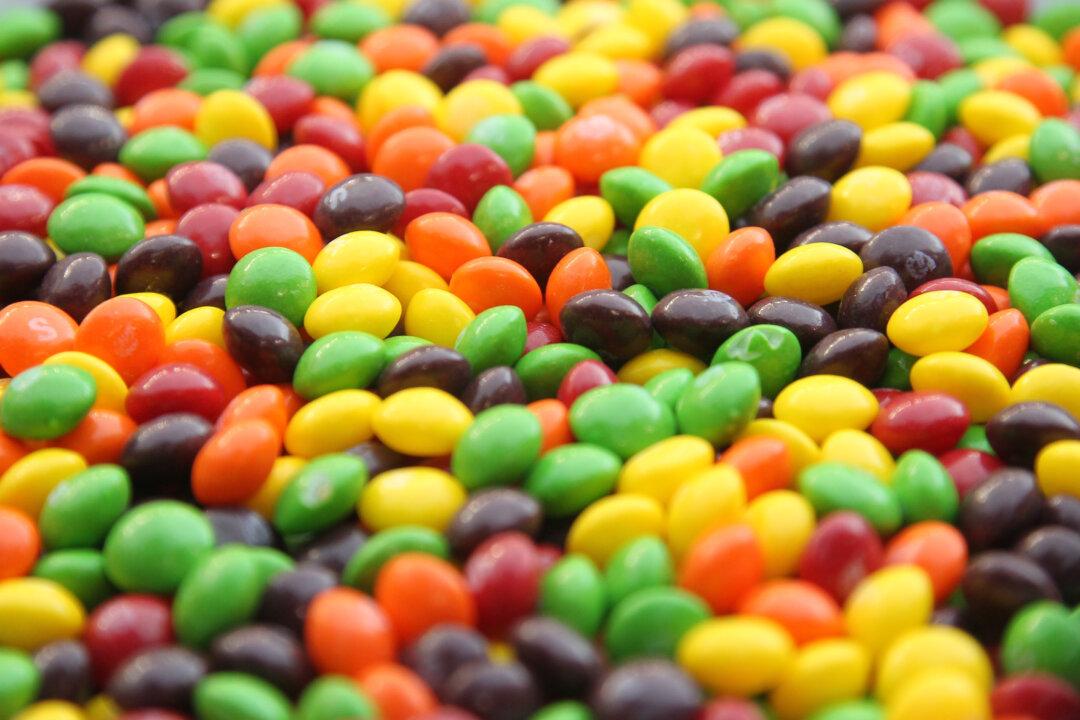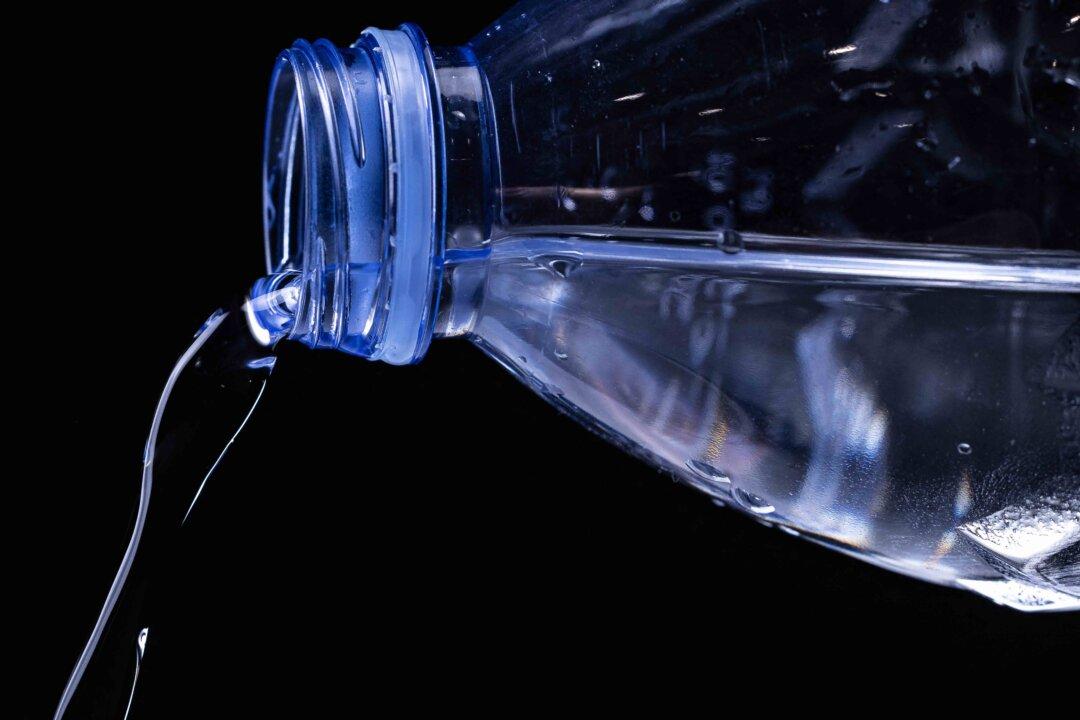A class action lawsuit was filed in Oakland, California, claiming that Skittles carry a toxin that makes them unsafe to eat.
The lawsuit was filed by Jenile Thames, a resident of San Leandro, California, on July 14. It alleges that the candy, which is owned by Mars Inc., contains “heightened levels” of titanium dioxide.





